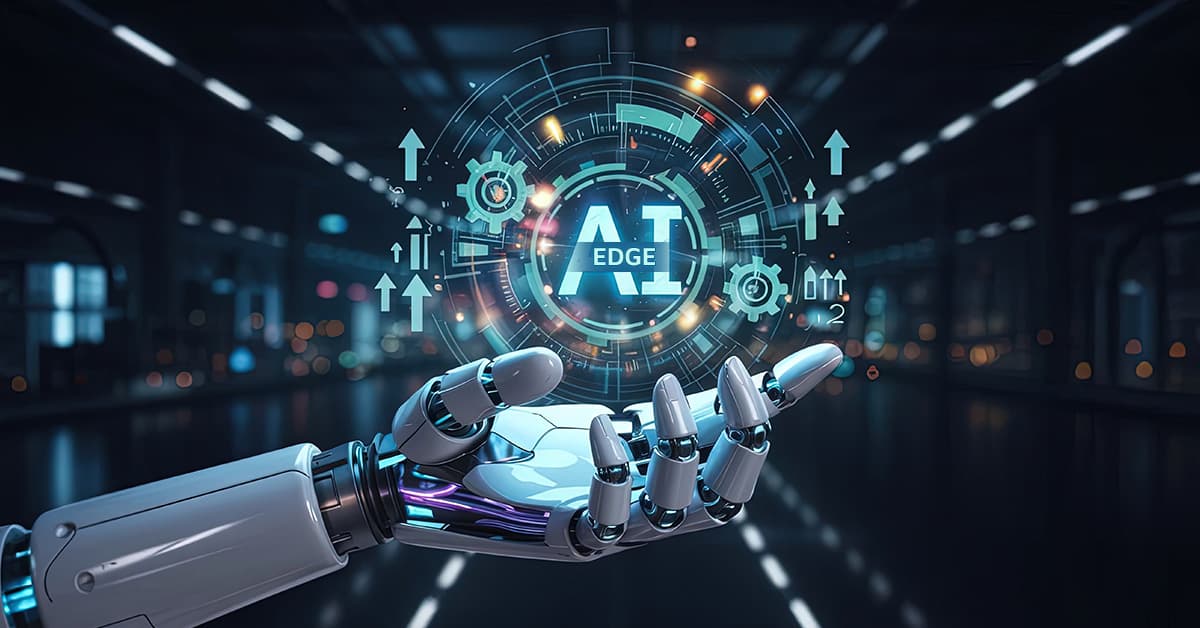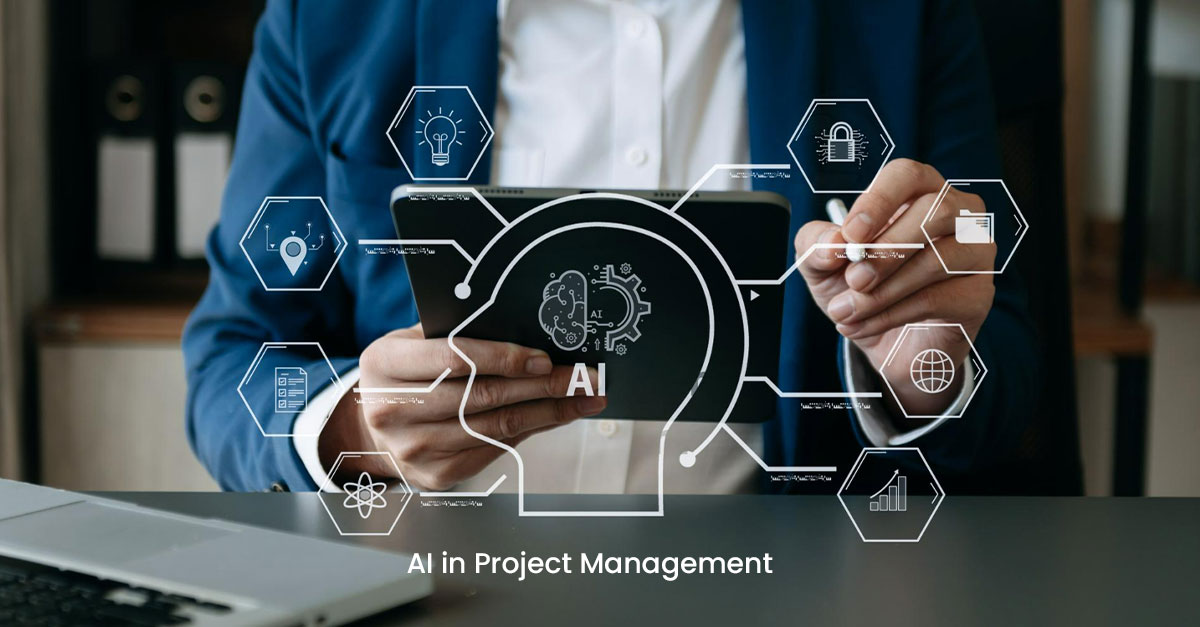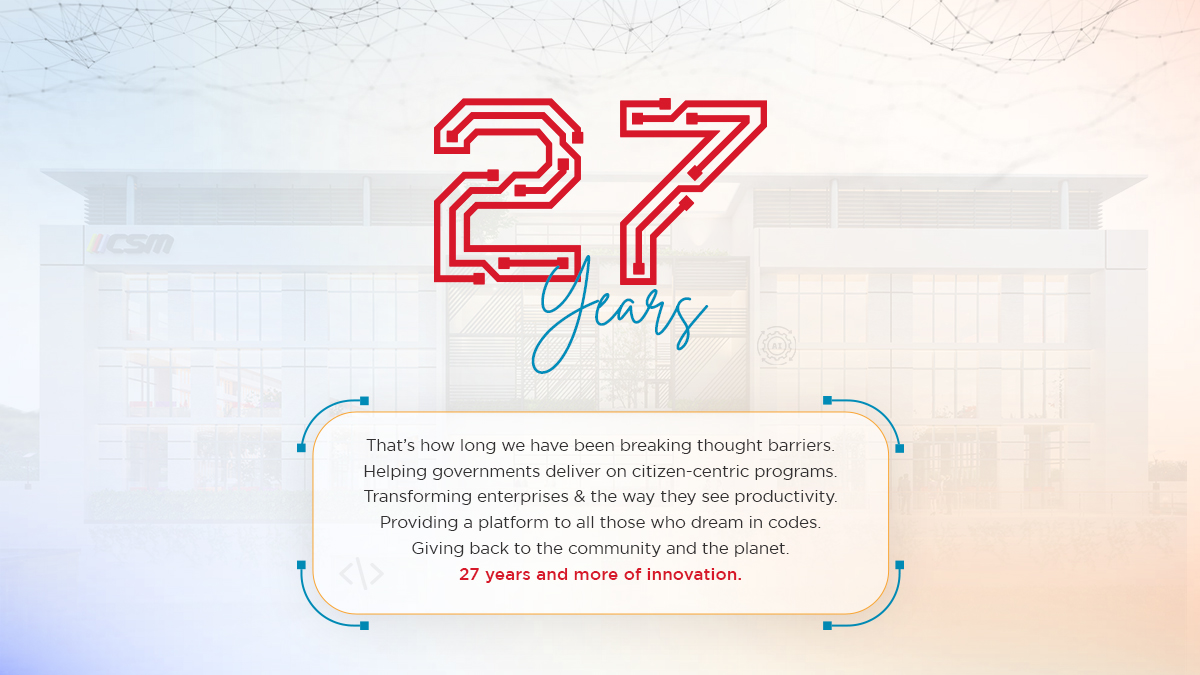In our hyper-connected world, digital identity has become crucial for online interactions and security. Unlike traditional identities that rely on physical documents, digital identities encompass various identifiers, including usernames, passwords, biometrics, and behavioral patterns. This dynamic representation of identity continues to evolve to meet security demands.
What is Digital Identity?
.jpg)
Digital identity refers to the electronic representation of an individual, organization, or device. It encompasses the various identifiers, such as usernames, passwords, biometric data, and even behavioral patterns, that collectively verify and authenticate an entity in the digital space. Unlike traditional identity, which is rooted in physical documents like ID cards and passports, digital identity is dynamic and constantly evolving with the addition of new data points and technologies.
The Early Days: From Passwords to MFA
Initially, digital identity relied on simple usernames and passwords. However, as cyber threats grew, these became inadequate. The advent of Multi-Factor Authentication (MFA), which combines something a user knows (like a password) with something they have (like a smartphone) or something they are (like a fingerprint), has significantly enhanced security by requiring multiple verification factors.
Biometrics and Decentralized Identity
Biometric technology, including fingerprint and facial recognition, offers a more secure authentication method, as this data is unique and hard to replicate. However, concerns about privacy and the permanence of biometric information have arisen, necessitating secure storage solutions.
Blockchain technology further revolutionizes digital identity through decentralized identity systems, giving users greater control over their data. Unlike traditional systems managed by central authorities, decentralized identities allow individuals to share only necessary information, reducing identity theft risk.
The Role of AI in Digital Identity
.jpg)
Artificial Intelligence (AI) enhances digital identity security by analyzing data patterns to detect fraud. AI can monitor login attempts and verify identities through facial recognition and document authentication, streamlining access to various services while ensuring legitimate users are validated.
Examples of Digital Identity Platforms
- Aadhaar Vault: Managed by India's UIDAI, this platform allows citizens to securely store their Aadhaar information, facilitating access to government services like subsidies and healthcare.
- Estonia's e-Identity System: Estonians use digital identity cards to access various services, promoting convenience and secure online interactions.
- Canada’s Digital Identity Program: This upcoming program aims to empower Canadians to control their data and simplify identity verification for government and private services.
- UK’s GOV.UK Verify: This platform enables citizens to prove their identity online, ensuring data security and simplifying access to government services.
The Future of Digital Identity
As we move further into the digital age, the concept of identity will continue to evolve, driven by technological advancements and increasing demands for security and privacy. The future of digital identity is likely to be shaped by a combination of decentralized systems, advanced biometrics, and AI-powered analytics. We can expect to see more widespread adoption of Self-Sovereign Identity (SSI), where individuals have complete control over their digital identities, deciding who can access their data and under what conditions. This shift towards user-centric identity management will empower individuals and enhance trust in online interactions.
The evolution of digital identity is a testament to the ongoing efforts to secure our online lives in an increasingly interconnected world. From the humble beginnings of passwords to today's sophisticated systems, digital identity has undergone significant transformation, with technology playing a central role in shaping its trajectory. As we look to the future, the continued integration of innovative technologies will ensure that our digital identities remain secure, private, and resilient against emerging threats.


























































We will verify and publish your comment soon.